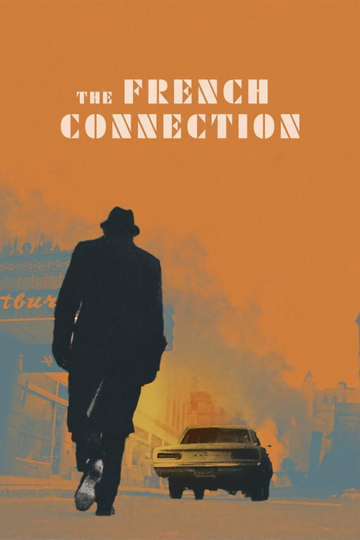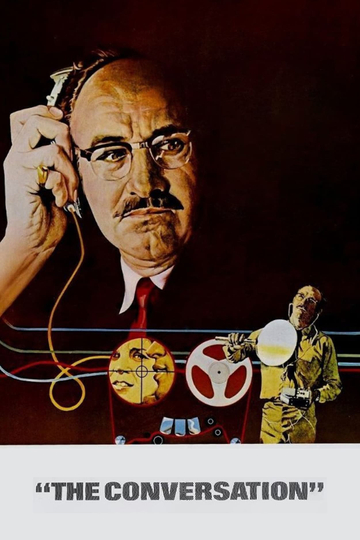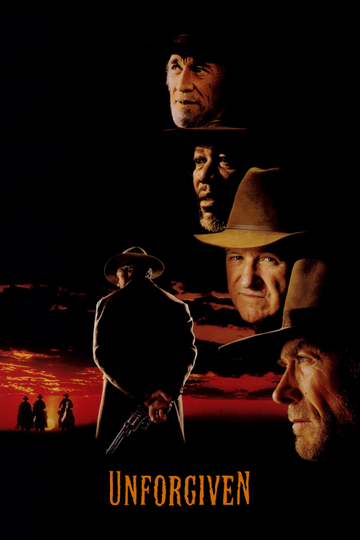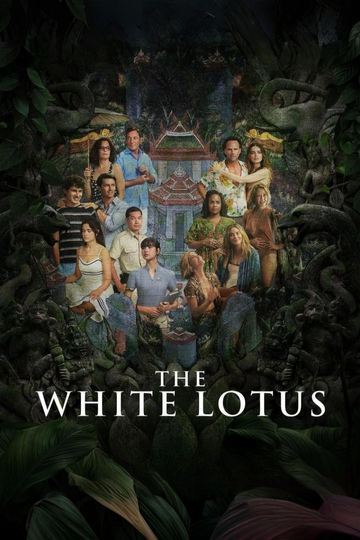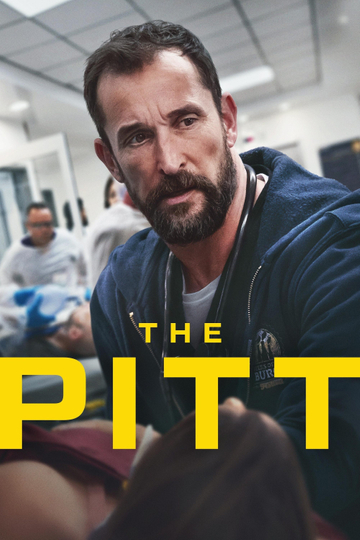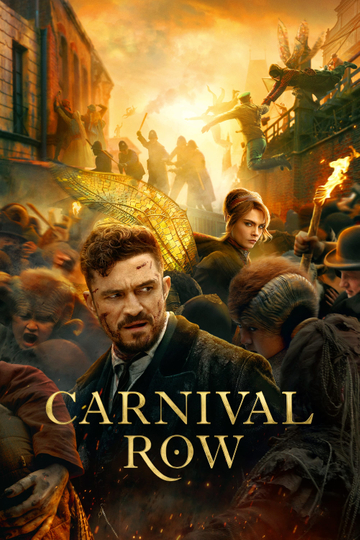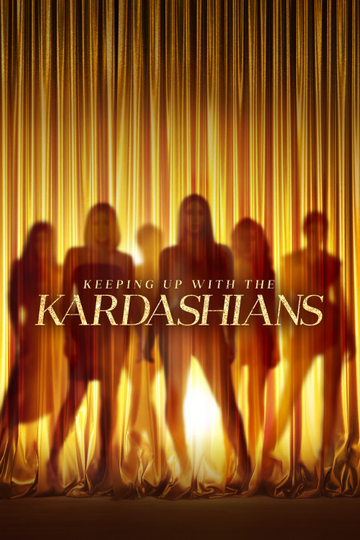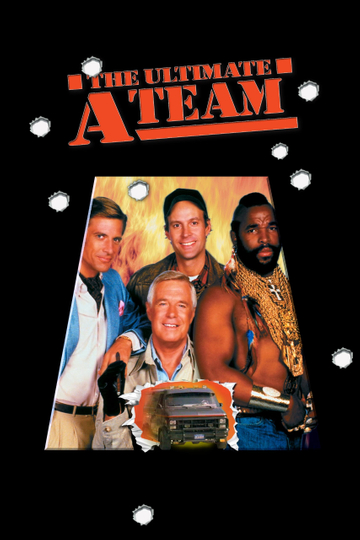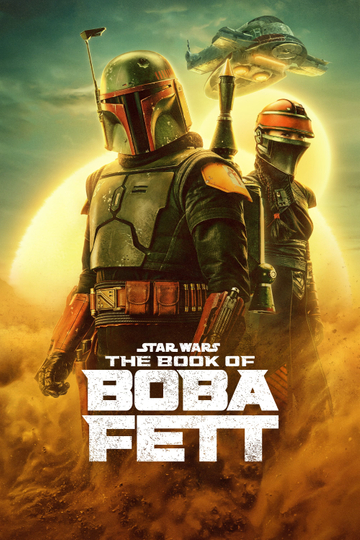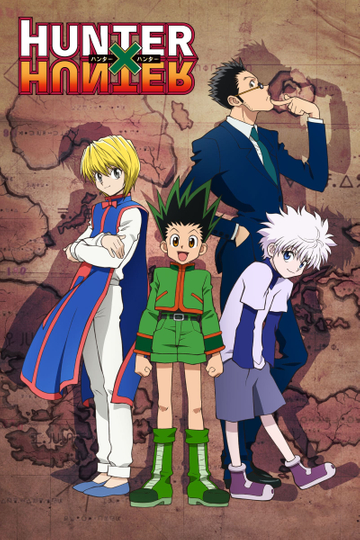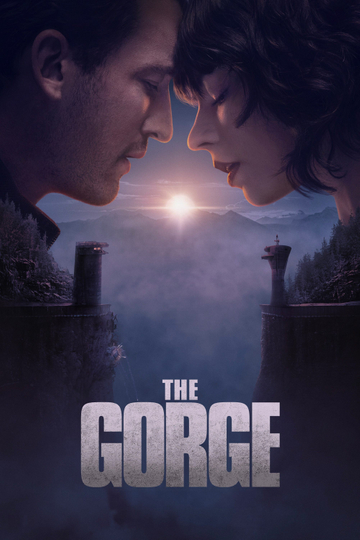Season 1 Episodes
1. Protestant Spirit USA
In the 1100 churches of Indianapolis, we see bewildering multiplicity of Protestantism. Churches with the seating and styling of deluxe first-run theaters. Services conducted with the professionalism of television spectaculars. And congregations that occupy every seat at four staggered services every Sunday. All are features of the US church-going boom. We discover that religion is not in a state of apathy in America; in some quarters it is decidedly big business.
2. Hinduism: 330 Million Gods
Traces the Indian religious experience in two highly contrasting locations: the bustling city of Benares where millions come to bathe in the holy waters of the Ganges, and the small village of Bhith Bhagwanpur, unvisited except by professional story tellers and itinerant priests. The film concentrates its attention on the Hindu approach to God. But which God? For there are 330 million of them.
3. Buddhism: Footprint of the Buddha
To Sri Lanka (Ceylon) and India to discover the type of Buddhism practiced throughout southeast Asia. Among those we meet are Buddhist monks-including one American, school children, novices and housewives. Each offers something from his own experience to help us come to grips with a religion that has high moral standards but does not believe in God.
4. Catholicism: Rome, Leeds and the Desert
Catholicism, especially since Vatican II, has undergone many changes. In this episode filmed in Rome, Spain and England, we discover the diversity and the unity of the religious experience labeled the Holy Catholic Church.
5. Islam: There is no God but God
It is said in Islam that every child is born Muslim by nature: he has the belief in his heart of one God. Over 400 million people profess Islam, and its numbers are said to be growing. In this program we travel to Egypt to explore the Islamic experience in an oasis village 50 miles from Cairo at a wedding, in the market town of El Fayoum for dawn prayers, and in Cairo itself.
6. Orthodox Christianity: The Romanian Solution
The Orthodox churches in Eastern Europe seem to be bound to the Communist states in essentially loveless marriages, except in Rumania. The Rumanian Orthodox Church is still seen as an important aspect of Rumania's cultural heritage and ethnic identity. The Orthodox liturgy is one of the oldest and longest in Christendom, and the spirituality of the services intensified by the Byzantine splendor of the setting and the beauty of some of the most inspiring choral music to be heard in any church in the world.
7. Judaism: The Chosen People
What is it that makes a Jew a Jew? In New York, Elie Wiesel, author and survivor of the concentration camps, tries to define it. In London, Nobert Brainin and the Amadeus Quartet carry the argument further, both in words and music. Inevitably the search takes us to Jerusalem, where Dr. Pinchas Peli, tenth generation rabbi and fourth generation Jerusalemite, explains the meaning of prayer and acts as our guide through the religious schools, the synagogues and a museum for the survivors of the Holocaust. We also see Western (Wailing) Wall, a place of prayer and pilgrimage sacred to the Jewish people.
8. Religion In Indonesia: The Way of the Ancestors
There are almost 200 million people scattered across the world who belong to tribal religions that are local, exclusive and frequently animist - i.e., they believe that inanimate objects and natural phenomena possess a soul. Though no single group can be chosen as typical, this episode is devoted to primal religion-that of the Torajas who live in a mountain fortress on an Indonesian island.
9. Buddhism: The Land of the Disappearing Buddha
If the Buddha of India met the Buddha of Japan, would they recognize each other? To find out, this program talks to the staff in a Tokyo restaurant who keep regular Zen meditation schedules as part of their job, then on to the classical Zen calligraphy, swordfighting, archery and tea ceremony.
10. African Religions: Zulu Zion
The Zulu Independent Churches in South Africa. When Christian missionaries took the Gospel to Africa they also tried to suppress African religion and subvert African culture with their own. But since World War I, and with increasing vigour in the last 20 years, Africans have been rediscovering their lost religious identity and have been forming independent churches with their own festivals, prophets and rituals and greater or lesser devotion to Christ.
11. Taoism: A Question of Balance
In our search for Chinese religious experience, we go to Taiwan. A whole pantheon of gods both local and imported from the mainland are worshipped in thousands of Buddhist and Taoist temples. Several strands make up the religious life of the village: a Confucian respect for past and the ancestors, the cosmic pattern of the Tao that permeates all levels of existence and manifests itself through oracles, the local gods who dispense justice and favors, and the hungry ghosts of the dead who have to be placated.
12. Alternative Lifestyles in California: West Meets East
The spiritual impulse of the time steps beyond the boundaries of religious tradition - so wrote Theodore Roszak, spokesman for the counter-culture, who is Ronald Eyre's guide to the new religious concerns of people living in the San Francisco Bay area. Here religious ideas and life styles of East and West mingle and people brought up in a largely Christian cultural climate look East to Taoism and Hinduism for inspiration.
13. Reflections on the Long Search
In this episode Ronald Eyre asks himself some questions. It is not a film in which he hands out diplomas to believers of the religion that pleased him best. The search, for him, began long before this series got off the ground and will continue long into the future. There are no winners and no losers. There is an element of personal stocktaking, however, and before doing so, Eyre reveals his own background, the mental furniture that he of necessity packs whenever he goes on search.
